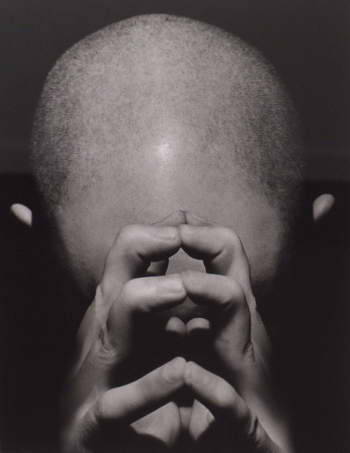The Trap Is Your Mind
The Trap Is Your Mind

A few weeks back, I had a sobering experience. An experience that has stuck with me and something that I wanted to share. I was at my good friend Phil’s house and we were talking life over beers. All of a sudden, he broke down into tears. Phil burst out, ”I don’t know what I’m going to do? I feel trapped.”
I was shocked. How can my good friend, who seemed to have everything together, be so distraught? He went on. “I hate my job. I had a meeting with my boss a few weeks ago and he said that there won’t be a promotion for at least five years. I hate what I do and It’s a dead end.”
I responded, “So what do you want to do? What type of business do you want to start?” For some dubious reason, I always think that everyone wants to start a business. Phil went on to explain that he couldn’t, he had house payments to make and was the primary supporter for himself and his wife. The gut-wrenching part was when he said, “Guess what we’re doing tomorrow? Going to check out a house that’s in a better neighborhood that costs 50% more than this house.” He saw my confused face and went on as if the plan made sense, “We can refinance right now with the same monthly payments, and Carol really wants it.”
My stomach turned knots - his wife didn’t know how he felt. Phil had put the burden of high living on his shoulders early and had been carrying it through his horrible job for the last four years. His suppressed feelings had finally burst through in a moment of vulnerability. I could see where he was coming from. In his mind, if he quit his job, then they would have to sell their current house. This was a non-choice for Phil - he wasn’t about to disappoint his wife or her parents. He didn’t want to be perceived as a “deadbeat failure-of-a-husband.” If they kept on, or even worse, purchased the larger house, he would have be miserable every day at his job. For Phil, there was no way out.
Phil fell into the trap of valuing imposed expectations over his own wellbeing. Not only did he put everybody’s expectations on his shoulders, but he also expected himself to be living big. I’ve been around people when they talk about other’s losing their house. Usually, it’s the deathstroke, “OMG, can you beleive that they lost their house? OMG! OMG! OMG!” Why is it such a big deal? Scaling back can be a good thing. Selling a house can get you out of debt and make your life much more flexible. Now, you don’t have an overbearing asset to constantly fund. We’re so used to the graduate, get job, get house, start family routine that our life goes on autopilot. Scoot that asshole over and grab the wheel. You’re flying this thing and you can go wherever you want. Just make sure you have fun doing it.
The Bottom Line:
TV culture, social norms, advertising, and consumer-driven media has us fooled. Our brain, left unchecked, will create positive associations with consumerism that have no basis in reality. Some people have bought into this all the way. Others have a little. I’ll admit, I’m guilty of dreaming up a house I’ll own one day with a pool, walk-in fridge, and four extra bed rooms. Really, that’s just more maintenance, more cleaning, and more distractions.
Happiness is about doing stuff you love and are passionate about. It’s about having fun and control over your life. Have you ever had really fun night with your friends just sitting around drinking Bud Light? Would you of had more fun if you were drinking crystal in a giant mansion? When you die, you can’t take your toys with you. If you’re happy and live in a cardboard box, wtf is the difference?
I’ll end with this appropriate quote by Tyler Durden:
Man, I see in Fight Club the strongest and smartest men who’ve ever lived. I see all this potential, and I see it squandered. God damn it, an entire generation pumping gas, waiting tables – slaves with white collars. Advertising has us chasing cars and clothes, working jobs we hate so we can buy shit we don’t need. We’re the middle children of history, man. No purpose or place. We have no Great War. No Great Depression. Our great war is a spiritual war. Our great depression is our lives. We’ve all been raised on television to believe that one day we’d all be millionaires, and movie gods, and rock stars, but we won’t. We’re slowly learning that fact. And we’re very, very pissed off.
If you enjoyed this post, you may enjoy:
-Brian Lambelet
If you made it this far, you should follow me on Twitter. Follow @jprichardson
-JP